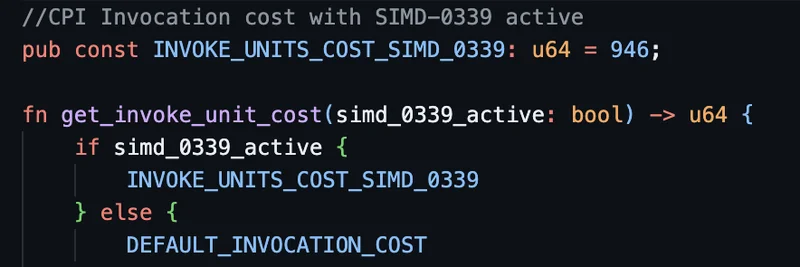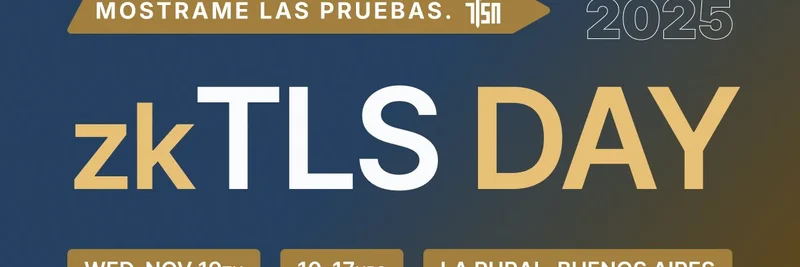In the fast-evolving world of blockchain and Web3, privacy remains a cornerstone for secure and equitable systems. A recent workshop at Funding the Commons titled "Privacy-Aware Mechanisms for Public Goods Funding" brought together experts to unpack these critical topics. Hosted on November 19, 2025, from 3:00 PM to 3:30 PM, the session featured voices like John Guilding from zkMACI, 0xLord from Privote Web3, and Nanak Nihal from Humn Tech. As blockchain practitioners, understanding these mechanisms can help us build more resilient meme token ecosystems and beyond.
The discussion drew heavily from real-world experiments in Gitcoin's GG24 privacy round. For those new to the term, Gitcoin is a platform that facilitates quadratic funding— a method where community donations are matched based on the number of contributors rather than the amount donated, promoting broader participation. In this round, over 35.4114 WETH (equivalent to more than $113,000 USD at the time) was distributed to various privacy-focused projects. This wasn't just about handing out funds; it was a live testbed for "dogfooding"—using your own tools to identify strengths and weaknesses.
One key takeaway was how optimizing for sybil resistance can create new hurdles. Sybil resistance refers to defenses against fake identities flooding a system, common in decentralized voting or funding setups. While tools like zkMACI (zero-knowledge Minimal Anti-Collusion Infrastructure) help prove unique participation without revealing identities, the workshop highlighted that over-focusing here might expose vulnerabilities elsewhere. For instance, the interplay between technical designs and social engineering—tricks where attackers manipulate people rather than code—emerged as a critical factor. In meme token communities, where hype and social dynamics drive value, these insights could prevent exploits in community-driven funding rounds.
The experts also explored the broader possibility space for future public goods funding (PGF) iterations. Public goods in Web3 are resources like open-source code or protocols that benefit everyone but are hard to monetize traditionally. By iterating on privacy-aware mechanisms, we can make funding more inclusive and resistant to manipulation. This is particularly relevant for meme tokens, which often rely on grassroots support and could leverage similar quadratic models to reward creators without compromising user anonymity.
If you're building or investing in meme tokens, these developments underscore the need for privacy-first approaches in governance and funding. Workshops like this at Funding the Commons are paving the way for more sophisticated tools that balance transparency with protection. Tickets for the event were still available, hinting at ongoing opportunities to engage with these ideas firsthand.
As we continue to fork and innovate in the blockchain space, keeping an eye on privacy mechanisms will be essential for sustainable growth. Whether you're a developer tweaking smart contracts or a trader navigating volatile markets, these conversations offer valuable lessons to enhance your strategies.


